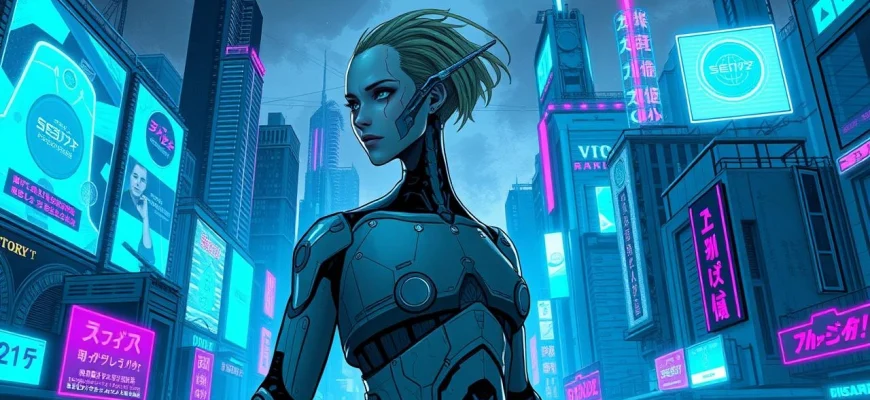If you're a fan of 'Ghost in the Shell: Stand Alone Complex' (2002), you're likely drawn to its blend of cyberpunk aesthetics, philosophical depth, and gripping action. This article is your guide to 10 similar movies and shows that capture the same futuristic intrigue, complex storytelling, and thought-provoking themes. Whether you're craving more cybernetic adventures or narratives that explore the boundaries of humanity and technology, this list has something for every fan of the genre.
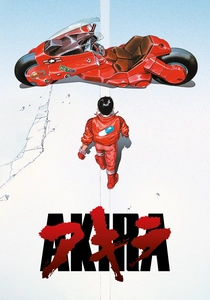
Akira (1988)
Description: Akira and Ghost in the Shell: Stand Alone Complex are both seminal works in the cyberpunk genre, featuring dystopian futures, government conspiracies, and explorations of human evolution through technology. Both are known for their groundbreaking animation and complex narratives.
Fact: Akira was one of the most expensive anime films ever made at the time of its release. The film is based on Katsuhiro Otomo's manga of the same name. It was a major influence on Western media, including The Matrix.
 Watch Now
Watch Now 
Neon Genesis Evangelion (1995)
Description: Neon Genesis Evangelion shares with Ghost in the Shell: Stand Alone Complex a deep exploration of human consciousness, identity, and the impact of technology on society. Both series feature mecha and cybernetic enhancements, and delve into psychological and existential themes.
Fact: Evangelion was created by Hideaki Anno, who incorporated his own struggles with depression into the series. The show's ending was controversial and led to the creation of the films The End of Evangelion. It is one of the most influential anime series of all time.
 Watch Now
Watch Now 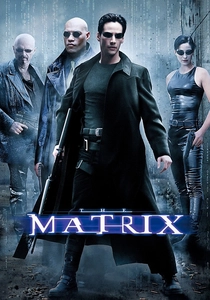
The Matrix (1999)
Description: The Matrix and Ghost in the Shell: Stand Alone Complex both delve into themes of reality, identity, and the merging of human and machine. Both are heavily influenced by cyberpunk aesthetics and philosophy, and feature protagonists who question the nature of their existence.
Fact: The Wachowskis cited Ghost in the Shell as a major influence on The Matrix. The film's iconic bullet time effect revolutionized action cinematography. It won four Academy Awards, including Best Visual Effects.
 Watch Now
Watch Now 
Cowboy Bebop (1998)
Description: Cowboy Bebop and Ghost in the Shell: Stand Alone Complex both blend action, noir, and cyberpunk elements, featuring morally ambiguous characters navigating a futuristic world. Both series also incorporate jazz-influenced soundtracks and episodic storytelling with overarching narratives.
Fact: Cowboy Bebop was directed by Shinichirō Watanabe, who is known for his stylish and genre-blending works. The series was heavily influenced by Western films, jazz, and blues music. Despite its initial low ratings in Japan, it gained a massive international following.
 Watch Now
Watch Now 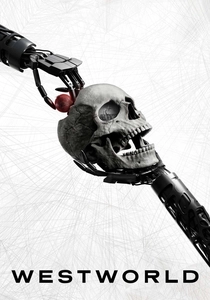
Westworld (2016)
Description: Westworld and Ghost in the Shell: Stand Alone Complex both explore themes of artificial intelligence, consciousness, and the blurring line between human and machine. Both series feature complex narratives and philosophical questions about free will and identity.
Fact: Westworld is based on the 1973 film of the same name. The series was created by Jonathan Nolan and Lisa Joy. It features an ensemble cast, including Anthony Hopkins and Evan Rachel Wood.
 Watch Now
Watch Now 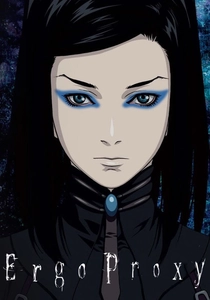
Ergo Proxy (2006)
Description: Ergo Proxy shares with Ghost in the Shell: Stand Alone Complex a philosophical and psychological depth, exploring themes of identity, autonomy, and the nature of humanity in a technologically advanced society. Both series feature strong female protagonists and a noir-inspired aesthetic.
Fact: Ergo Proxy incorporates elements of existential philosophy and references works by Descartes and Heidegger. The series was directed by Shūkō Murase, known for his distinctive visual style. It features a mix of episodic and serialized storytelling.
 Watch Now
Watch Now 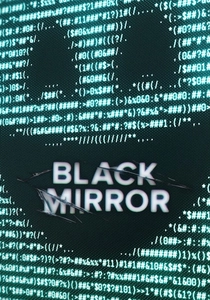
Black Mirror (2011)
Description: Black Mirror shares with Ghost in the Shell: Stand Alone Complex a focus on the ethical and societal implications of advanced technology. Both series explore dystopian futures and the potential consequences of human reliance on technology, often with a critical and thought-provoking lens.
Fact: Black Mirror was created by Charlie Brooker as a modern take on The Twilight Zone. Each episode is a standalone story with different characters and settings. The series has been praised for its prescient and often unsettling portrayals of technology.
 Watch Now
Watch Now 
Psycho-Pass (2012)
Description: Psycho-Pass shares similarities with Ghost in the Shell: Stand Alone Complex through its cyberpunk setting, exploration of artificial intelligence, and deep philosophical questions about society, justice, and human nature. Both series feature strong female leads and a focus on law enforcement in a high-tech future.
Fact: Psycho-Pass was created by Gen Urobuchi, known for his dark and philosophical storytelling. The series' dystopian society is governed by the Sibyl System, which measures citizens' mental states to predict criminal behavior. It has been praised for its psychological depth and complex characters.
 Watch Now
Watch Now 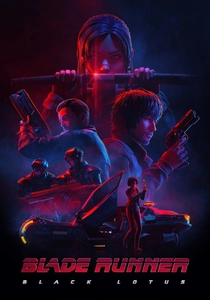
Blade Runner: Black Lotus (2021)
Description: Blade Runner: Black Lotus and Ghost in the Shell: Stand Alone Complex both explore themes of artificial intelligence, identity, and what it means to be human in a cyberpunk future. Both feature female protagonists who are highly skilled and grapple with their own origins.
Fact: Black Lotus is set in the same universe as the Blade Runner films. The series was co-produced by Adult Swim and Crunchyroll. It features a mix of 2D and 3D animation techniques.
 Watch Now
Watch Now 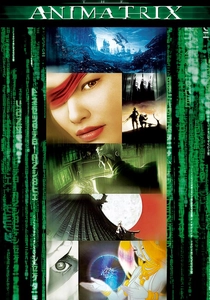
The Animatrix (2003)
Description: The Animatrix, like Ghost in the Shell: Stand Alone Complex, is a collection of animated shorts set in a cyberpunk universe, exploring themes of artificial intelligence, human-machine integration, and dystopian futures. Both feature high-quality animation and thought-provoking storytelling.
Fact: The Animatrix is a companion piece to The Matrix film series. It includes contributions from renowned anime directors like Shinichirō Watanabe and Yoshiaki Kawajiri. The shorts provide backstory and expand the lore of The Matrix universe.
 Watch Now
Watch Now 
